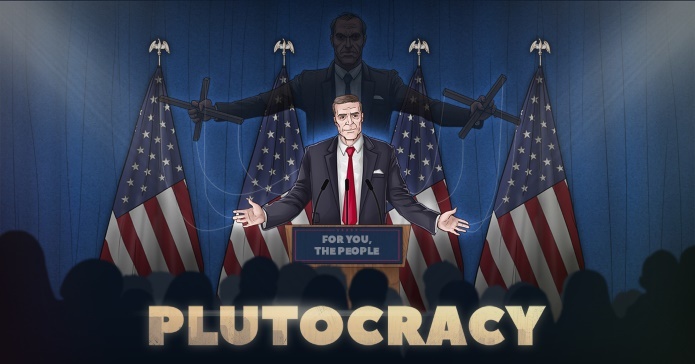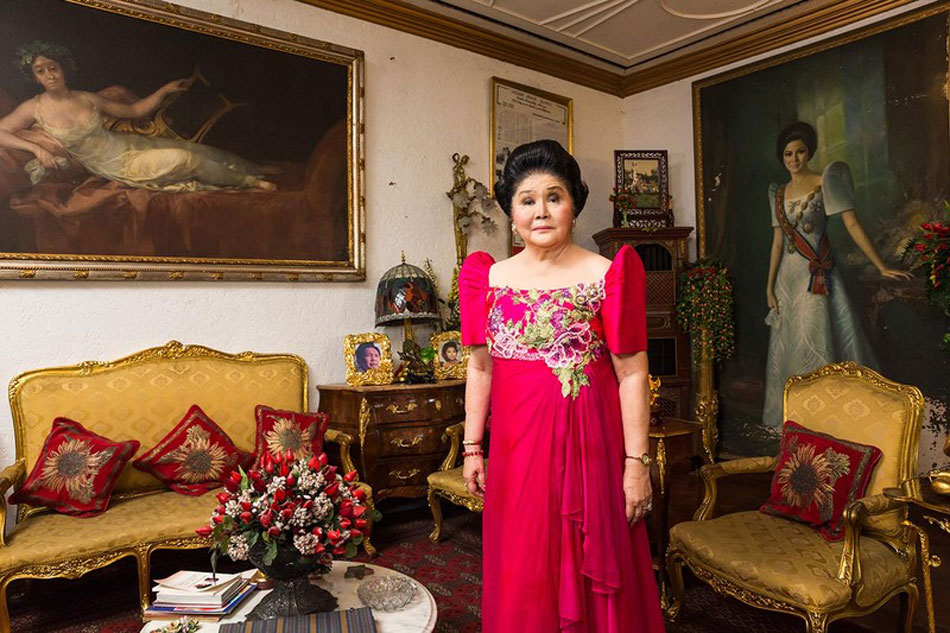


In an interview in the 1920s, Averell Harriman explained, “It is indefensible for a man who has capital not to apply himself diligently to using it in a way that will be of most benefit to his country.” Another partner, Robert Lovett, who served in increasingly higher positions starting during World War II and culminating in his elevation to Secretary of Defense in 1950, never wavered from his mantra that his affluence and standing in society made it incumbent on him to serve the public good. They had a particular culture of noblesse oblige.
#PLUTOCRACY PROFESSIONAL#
They propelled American trade with the wider world in the later part of the 19th century, and became one of the pillars of an emerging WASP elite at the turn of the 20th century, centered around elite schools such as Groton and Yale, interlinked by professional and personal bonds.Īnd then, during the Great Depression, the partners of Brown Brothers, led by the great-grand-children of Alexander, merged with one of the great railroad fortunes and its scion Averell Harriman to become Brown Brothers Harriman. They helped create the transatlantic trading system, innovating with financial instruments such as letters of credit that underpinned the whole system. in the decades before the Civil War, as one of the dominant cotton merchants (and thereby deeply complicit with slavery) but also a staunch supporter of the Union cause and the Republican party. and parts of the world and for a time at least didn’t lead to the wide gaps between winners and losers so troubling today.įounded at the turn of the 19th century by an Irish linen merchant named Alexander Brown who was fleeing the sectarian violence of Belfast, Brown Brothers became one of the most influential merchant in the U.S. But they nonetheless crafted a model of sustainable capitalism that juxtaposed private gain to the public good to create a potent formula that enriched both the U.S. And in light of rigid ideology of Cold War that took hold, how they acted around the globe was far from perfect. They did not act selflessly-the system they erected served their interests. leadership underpinned by the dollar, was only possible because those who had benefitted most from the evolution of American capitalism understood that they had a responsibility to preserve and maintain a collective order. The world-order that was crafted, cemented by American leaders and U.S.
#PLUTOCRACY CODE#
government and a slew of highly privileged individuals came together to craft a post-war global order, provide massive economic aid to Europe and Japan to rebuild, and set the parameters for trade and commerce that remain the operating code for the planet to this day. And at that crucial juncture, American companies, the U.S. And the United States? It had suffered grievous casualties but its infrastructure and industrial capacity were untouched, and its relative power had never-and has never-been greater. Swaths of destruction extended throughout southeast Asia, China, and into Southern Europe. Japan had been devastated not just by two atomic bombs but by successive rounds of conventional bombings. At the end of World War II, much of Europe was devastated.


 0 kommentar(er)
0 kommentar(er)
